Hushed Celebrations
Pride can be a celebration, a declaration, or a fight to be recognized, depending on where you live

Pride is something we can easily take for granted. This weekend, a quarter of a million lesbian, gay, bisexual, transgender and heterosexual people will descend on the District to take part in Capital Pride — a community of like-minded individuals celebrating the progress of queer people in the District and beyond. Amid the parties, the parades, the booths, the performers, the plentiful alcohol and the joyous vivacity of it all, it’s perhaps all the more important to remember those who toil under societal pressures and archaic laws to do what we celebrate so loudly: be proud of who they are.
Around the globe, there are countless big ticket Pride celebrations, where gays can jet off and party with their international, queer cousins. We all know Mardi Gras in Sydney, for example, with its sun-kissed parade and raucous nightlife. What, though, of those nations where Pride is a fledgling or uncertain thing, where activists are hampered by legislation, homophobia, or the threat of violence?
Perhaps the most obvious example is Russia. The former Soviet Union nation has become a hotbed for conservative, Christian bigotry, with homophobia accepted at all levels of society. In 2013, a piece of legislation that restricts Russia’s citizens and businesses from the “promotion of nontraditional sexual relationships” — a so-called gay “propaganda” law — passed with a wide majority. Unsurprisingly, these factors combined have had a disastrous effect on Pride celebrations in the nation.
In 2012, after Moscow’s council repeatedly banned Pride events in the capital city, gay rights campaigner Nikolay Alexeyev sued for the right to stage parades for the next century. He lost, with the city’s top court ruling that the city was within its remit to ban such events — the government argued that staging gay pride parades would count as public disorder and opposed the beliefs of most Muscovites, according to the BBC.
Two years later, after trying — and failing — to organize another Pride event, Alexeyev was granted compensation by a court for the city forcibly cancelling the cancel event. The total received? A mere $200, which included pecuniary damages and legal fees. It was the first time Moscow’s local government had compensated Alexeyev for cancelling the event, but did nothing to prevent the cancellation of the 2015 Pride parade.
For the tenth year in a row, activists filed for the right to march and were denied. “We have warned the organisers that the demonstration will not be authorised,” a spokesperson for Moscow’s government told media. Undeterred, Alexeyev stated that they would “nonetheless hold some kind of action on May 30, even if the venue is not yet decided.” It would transpire to be a terrible decision. While attempting to stage a pride rally in Moscow — despite a ban in place and without official sanction from Pride officials — activists were met by heavily armed police forces. Several people were arrested, while Alexeyev tweeted that he had been arrested and beaten by police, calling it “the most brutal arrest at Moscow Pride ever.”
For former Soviet bloc nations in Eastern Europe, latent distaste for homosexuality and LGBT rights hampers efforts to organize Pride events — though that isn’t the rule. In Poland’s capital, Warsaw, for instance, Pride events have been held almost every year since 2001.
Last year, Serbia’s LGBT population came together for their first Pride march in capital Belgrade in four years. In 2010, attempts to stage a pride event — which hadn’t occurred since 2001 due to continued threats of violence — were thrown into chaos on the day by widespread clashes between LGBT activists and anti-gay demonstrators. One hundred people were injured, including police officers trying to protect parade goers, as Christian fundamentalists and right-wing extremists rioted and assaulted and launched petrol bombs at police and activists. Serbia’s president at the time, Boris Tadic condemned the violence, stating that “no attempts to revoke these freedoms with violence will be allowed.”
After four years, Serbians were finally able to march through the streets of Belgrade again, but whereas Washington’s streets are lined with cheering supporters and enthusiastic onlookers during Pride, Serbia’s LGBT population marched through crowds of police officers and dozens of heavily armed security vehicles sporting water cannons and carrying riot gear. While the two-mile route was covered without incident, there were arrests of some anti-gay protesters who attempted to disrupt proceedings. However, far from a sign of increasing tolerance, the allowance of Belgrade’s pride event had more to do with Serbia’s attempts to join the European Union than genuine tolerance, according to the BBC. Though the influence of the far right is dwindling, the country’s prime minister stated that he wouldn’t attend the march, and at the time of the 2010 parade, two-thirds of the nation “said they viewed homosexuality as a disease.”
For Serbia’s neighbor Montenegro, it was a similar story. In 2013, sixty people were injured and a further sixty arrested when 1,500 extremists attacked a pride parade in the deeply conservative Balkan nation. The 150 activists who marched through Podgorica were unharmed, with police successfully defending them from attack — the injuries were sustained by officers and extremists as they clashed. “As of today, gay people are no longer invisible in Montenegro,” march organizer Danijel Kalezic said at the time. “From today, these streets are ours as well.”
Last year, however, organizers were forced to keep both the day and location of the pride march a secret. Queer Montenegro, which organizes Pride, chose to hide details to protect LGBT activists from retaliation and prevent similar scenes to the year before. While the march passed without incident, just 100 people attended — a number that included delegates from the European Union, which Montenegro is attempting to gain membership to. A tolerant attitude and LGBT-affirming laws are a requirement for EU membership, hence Montenegro’s compliance in allowing Pride marches — despite, similar to Serbia, seventy percent of the population believing that homosexuality is an illness.
Conservative attitudes are often the driving force behind restrictions on Pride marches. In South Korea, which differs from its isolated Northern cousin in almost every factor except widespread condemnation for homosexuality, the Seoul Gay Pride festival was banned from taking place Tuesday, with many blaming conservative Christian opposition to the event. “The police should protect the rights of free expression,” Pride’s executive director Woo Ji-Young told AFP, “rather than siding with those trying to suppress it. The parade will go on whether the police ban it or not.”
And go ahead it did. Officially titled the Korea Queer Culture Festival, it lasts until June 28th, but this was the first time the festival had been banned in its sixteen year history — despite an expected 20,000 participants. Risking jail time and fines, the LGBT community started its two-week long celebrations, which includes a film festival, despite 100 Christian protesters staging a demonstration at Seoul City Hall. “Our festival is where sexual minorities in South Korea get to communicate with and instill morale in each another,” Kang Myeong-jin, head of the organizing committee, told Yonhap News. “It’s where we exhibit positive energy despite all the stigma we’ve faced.”
In India, Delhi’s seventh Queer Pride was used as a defiant statement of intent. After India’s Supreme Court in 2013 reinstated a colonial-era law which criminalizes homosexuality, the LGBT community flocked to Queer Pride to protest, to celebrate their community, and to loudly declare “I’m gay, that’s OK,” as many marchers could be heard chanting. “We are making a statement that we exist,” organizer Mohnish Kabir Malhotr told Reuters. “We are not a minuscule minority. Deal with it.”
“The Delhi Queer Pride is a parade for diversity, acceptance, solidarity and resistance,” said a statement from organizers prior to the event. “Join us as we celebrate our identities and stand up against oppression and violence.”
Of course, as we celebrate Pride in D.C., while there are those around the world who struggle to make their voices heard, or to hold their own celebrations, it’s important to remember that there are those who oppose Pride here in the USA. Take Arkansas state Senator Jason Rapert, who used his Facebook to decry the city of Conway’s annual Pride Festival. Arkansas repealed its ban on sexual acts between same-sex couples in 2005, attempted to ban same-sex parents from adopting, adopted a statewide policy that bans anti-discrimination ordinances that cover private businesses, and is awaiting appeals on same-sex marriage to determine whether they will be allowed to take place. Arkansas is a place that needs a Pride parade, because its LGBT community has a voice that isn’t being heard.
“How many parades do you know of that are scheduled to take place on a Sunday? Have you ever wondered why they chose a Sunday to conduct a parade?” Rapert asked his followers on Facebook. “I believe it is because they understand that the lifestyle they are glorifying on our streets is considered sin by every Bible-believing Christian and they use their parade on a day reserved to worship God and reverence the Lord to mock Christians…. This is truly one of the most offensive public displays against Christians you will find anywhere in our state and especially offensive because they have specifically chosen Sunday to try and intimidate people who believe in the Word of God.”
Whether you take your place in or watch the parade on Saturday, head to one of many parties that night, or wander through the festival on Sunday, take a moment and think of those who are desperately trying to show their own pride across the world. It’s far too easy to take Pride for granted in the District.
Support Metro Weekly’s Journalism
These are challenging times for news organizations. And yet it’s crucial we stay active and provide vital resources and information to both our local readers and the world. So won’t you please take a moment and consider supporting Metro Weekly with a membership? For as little as $5 a month, you can help ensure Metro Weekly magazine and MetroWeekly.com remain free, viable resources as we provide the best, most diverse, culturally-resonant LGBTQ coverage in both the D.C. region and around the world. Memberships come with exclusive perks and discounts, your own personal digital delivery of each week’s magazine (and an archive), access to our Member's Lounge when it launches this fall, and exclusive members-only items like Metro Weekly Membership Mugs and Tote Bags! Check out all our membership levels here and please join us today!





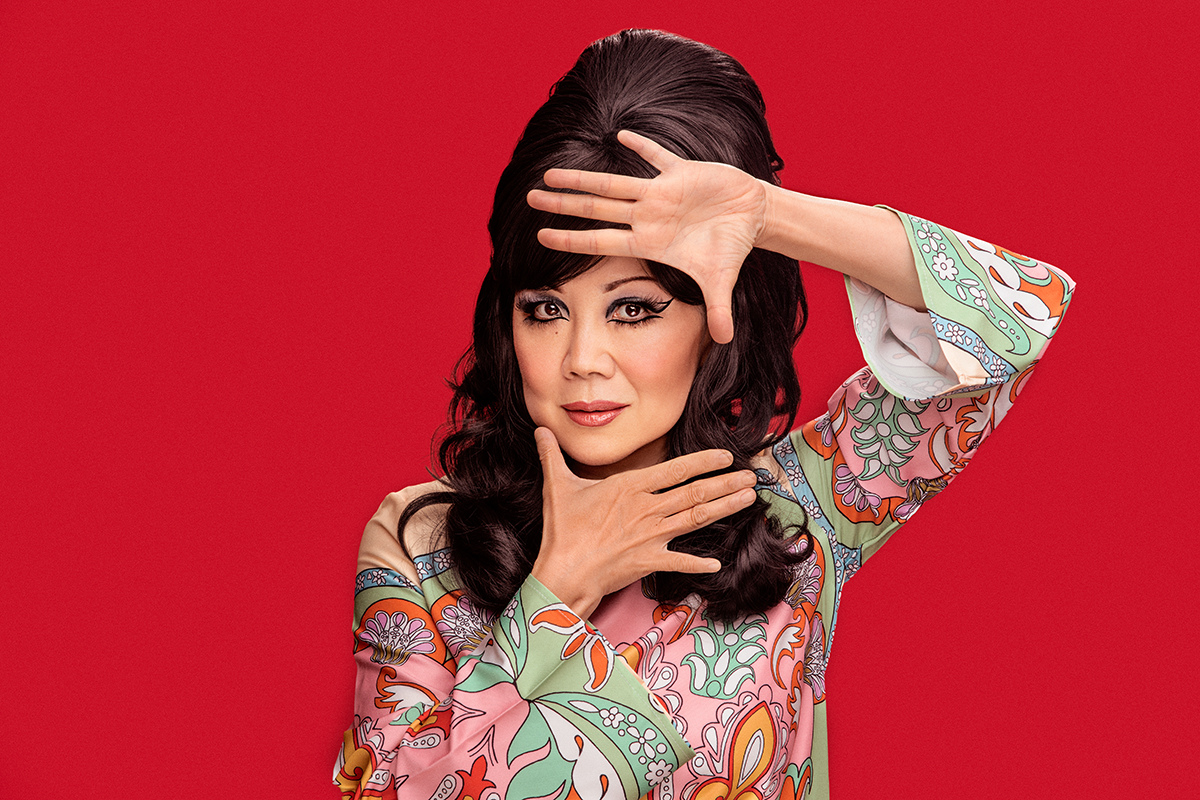
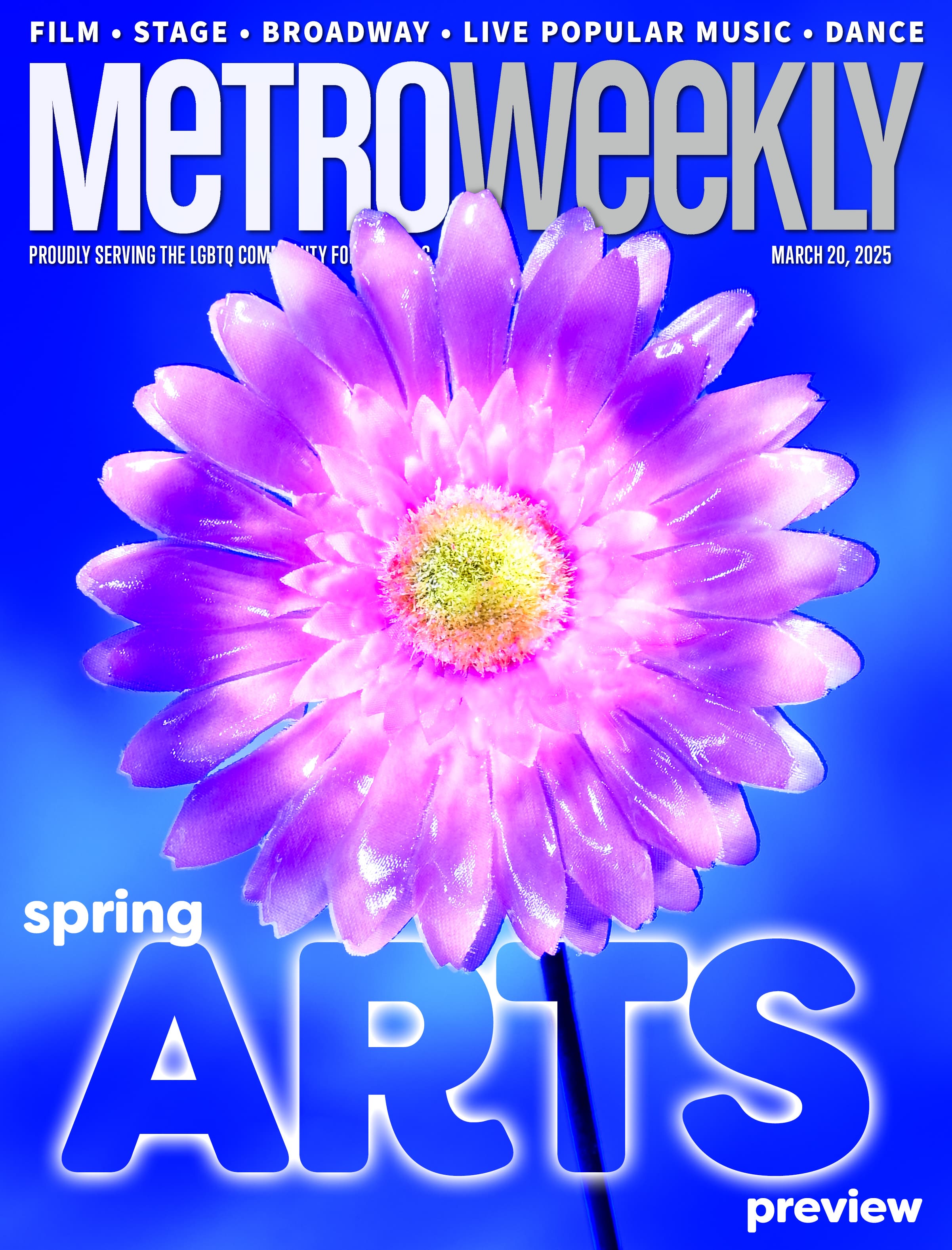
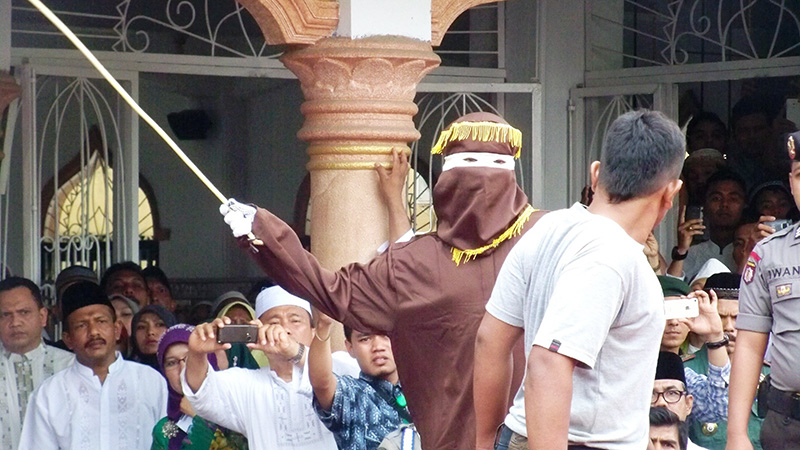















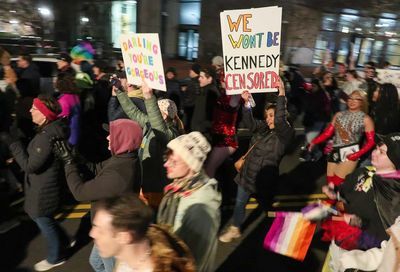

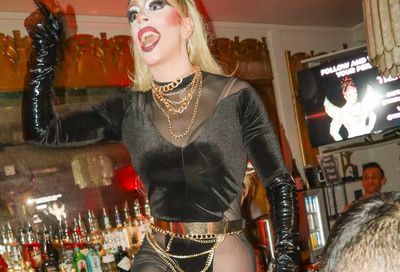
You must be logged in to post a comment.